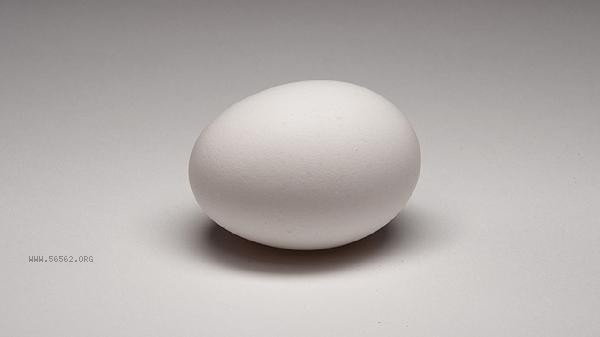Eggs that get moldy in the refrigerator are usually caused by improper storage or damage to the eggs themselves, leading to the growth of mold. Egg mold may be caused by factors such as humid storage environment, surface contamination of eggshells, unstable refrigerator temperature, prolonged storage time, and contact with other moldy foods.

1. Moist storage environment
Excessive humidity in the refrigerator can accelerate mold growth. If water droplets condense on the surface of an egg, it may damage the natural protective film on the eggshell surface, making it easier for mold spores to adhere and reproduce. It is recommended to store eggs in a dry area of the refrigerator and avoid foods that release moisture, such as vegetables and fruits.
2. Surface contamination of eggshells
Eggs may be contaminated with organic matter such as soil and feces during transportation or sale, which contain a large number of microorganisms. If refrigerated without cleaning, residual fungal spores will rapidly multiply under suitable conditions. After purchase, the eggshell can be lightly wiped with a dry cloth, but it should not be washed with water to avoid damaging the protective layer.
3. Unstable refrigerator temperature
Frequent opening and closing of the refrigerator door can cause internal temperature fluctuations, and condensed water can easily form on the surface of the eggshell. If some areas remain above 4 degrees Celsius for a long time, it will create growth conditions for mold. Regularly check the sealing of the refrigerator to ensure that the temperature in the refrigeration compartment remains stable between 2-4 degrees Celsius.

4. Long storage time
The shelf life of refrigerated eggs is usually 3-5 weeks. After the expiration date, the pores of the eggshell gradually expand, and the internal proteins decompose to produce substances such as ammonia, which can promote the growth of mold. It is recommended to label the purchase date on the eggshell and prioritize consuming eggs that have been stored for a longer period of time.
V. Contact with other moldy foods
If moldy foods stored in the refrigerator are not cleaned in a timely manner, mold spores may contaminate eggs through air or direct contact. The ethylene gas produced by moldy food can also accelerate the deterioration of surrounding ingredients. If moldy food is found, it should be dealt with immediately and the inner wall of the refrigerator should be wiped with diluted white vinegar.

Preventing moldy eggs requires attention to multi link management. When purchasing, choose eggs with clean surfaces and no cracks. When storing, use the original paper box to isolate moisture and place them in the middle temperature stable area of the refrigerator. Regularly check the condition of eggs. If there are slight mold spots, they can be discarded immediately. If the mold is severe, thoroughly clean the refrigerator. Keep the inside of the refrigerator dry and ventilated in daily life to avoid overloading and affecting the circulation of air conditioning. At the same time, pay attention to storing different ingredients in different zones. If you find that eggs have a strange odor or abnormal color, do not consume them to avoid causing gastrointestinal discomfort.








Comments (0)
Leave a Comment
No comments yet
Be the first to share your thoughts!